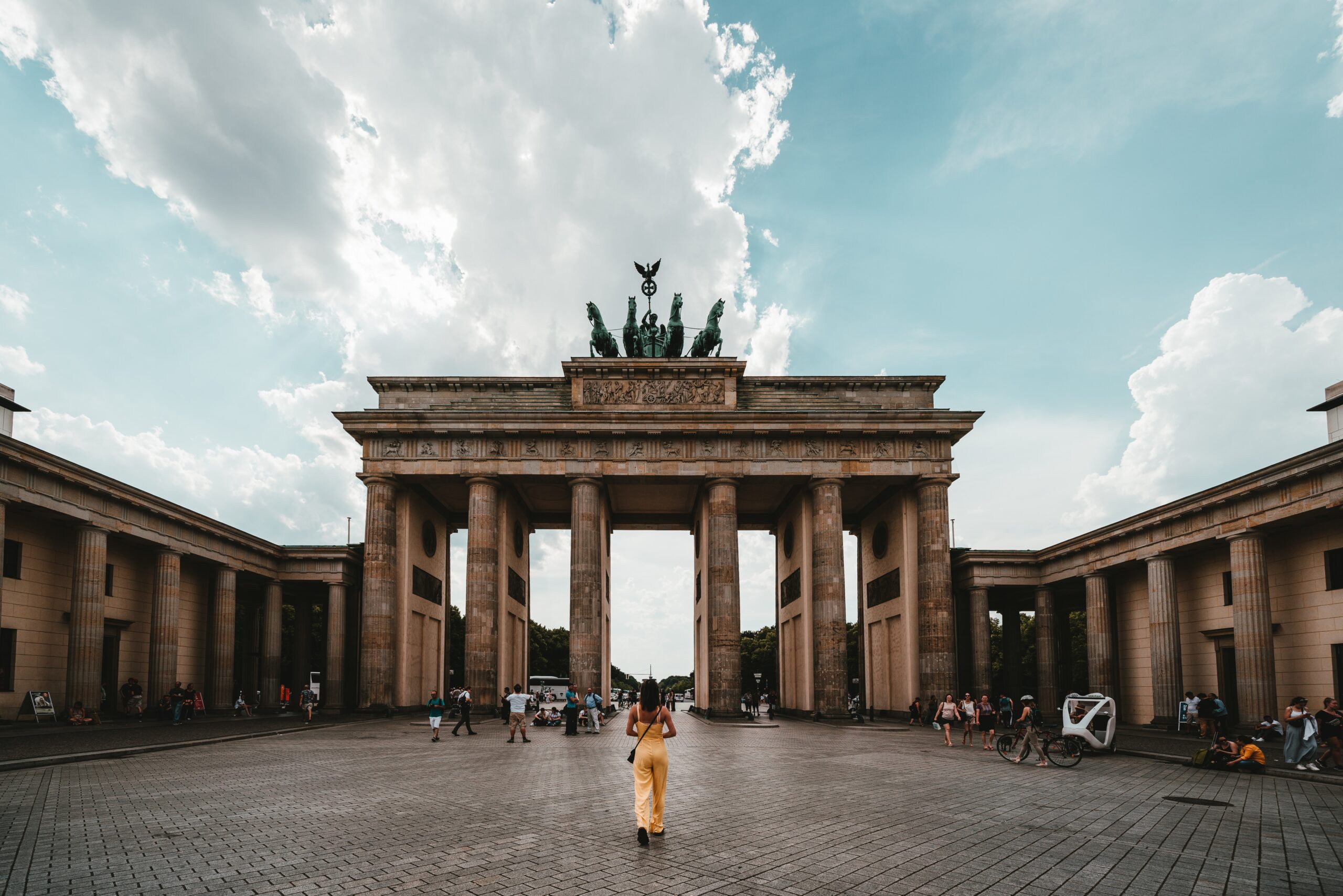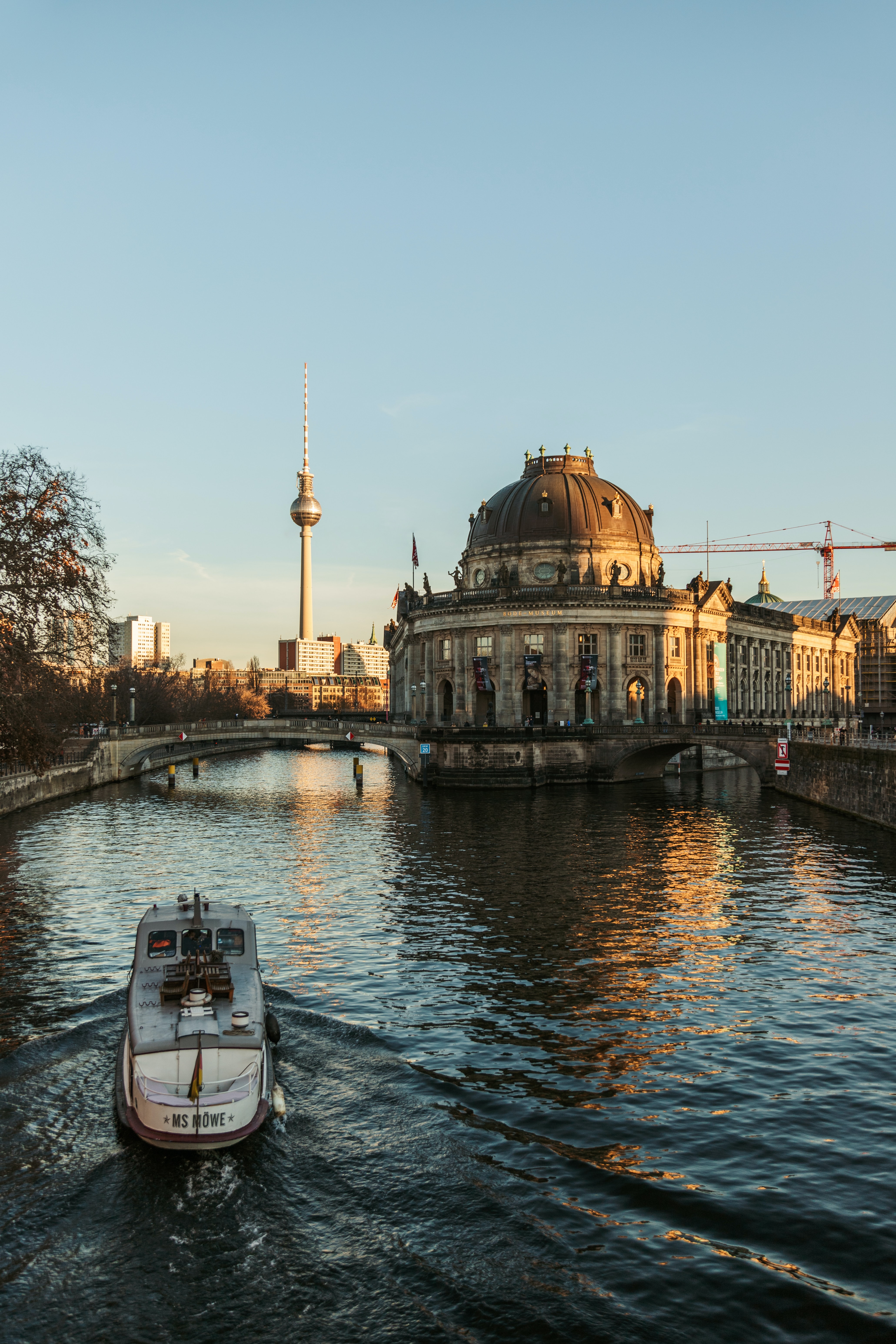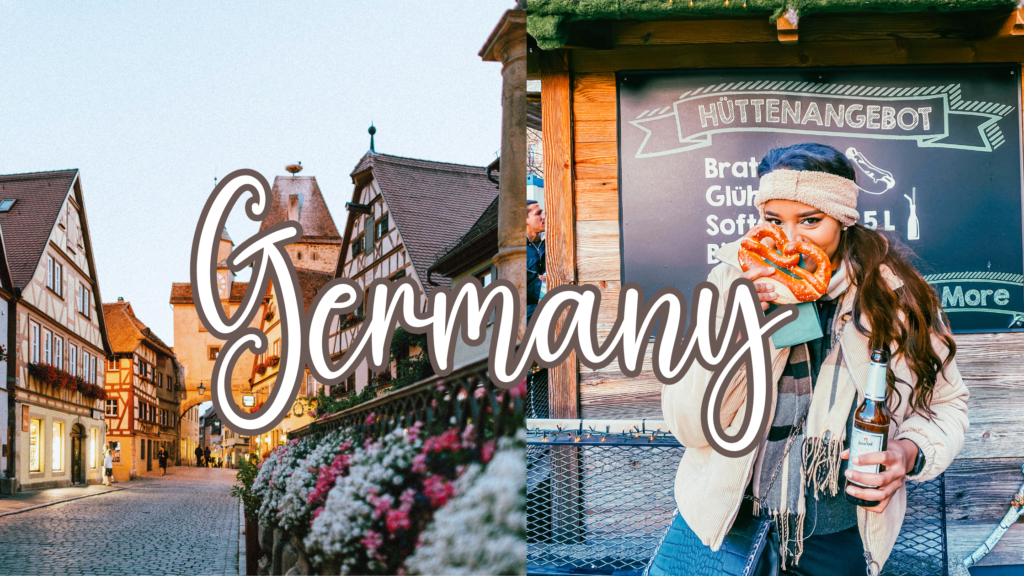

Germany Travel Guide Contents
Click below to jump to the sections that interest you most! 👇
About Germany · Quick Facts · Highlights of Germany · Things to Do · Travel Tips · Germany Articles
About Germany
Germany is a country located in Central Europe known for its historic cities, stunning natural landscapes, rich culture, and delicious cuisine.




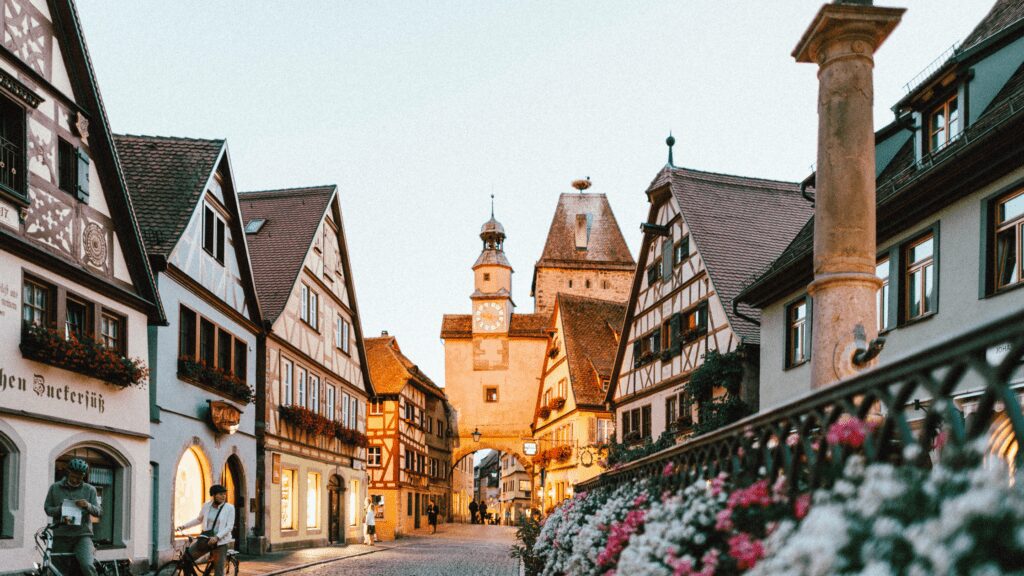



Germany offers a wide range of attractions that cater to all types of travelers, including history buffs, outdoor enthusiasts, foodies, and culture seekers. However, those interested in history, culture, and scenic landscapes would likely enjoy it the most.
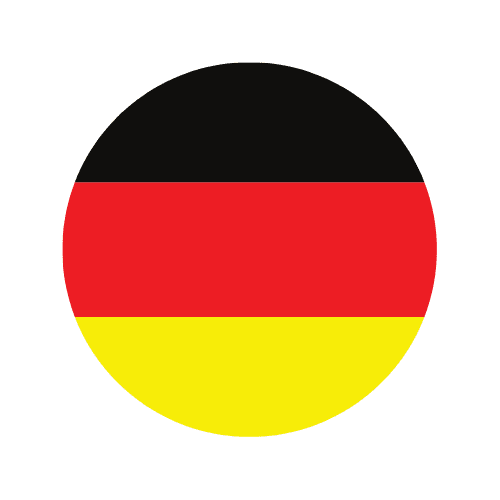



Quick Facts About Germany
- Population: 83 million
- Capital: Berlin
- Currency: Euro (EUR)
- Area: 357,386 sq km
- Official Language: German
- Religion: Christianity is the most widely practiced religion in Germany, followed by Islam and Judaism. Other religions include Buddhism and Hinduism.
Highlights of Germany
Berlin
The capital city of Germany is known for its vibrant culture, historic landmarks, and world-renowned museums. Popular attractions include the Berlin Wall, Brandenburg Gate, Museum Island, and Checkpoint Charlie. Berlin is an ideal destination for history buffs, art lovers, and nightlife enthusiasts.
Bavaria
Bavaria is a region in southern Germany known for its picturesque villages, scenic countryside, and traditional culture. Some of the most popular attractions include the Neuschwanstein Castle, Oktoberfest in Munich, and the beautiful landscapes of the Bavarian Alps. Bavaria is ideal for those seeking outdoor activities, history, and culture.
Rhine Valley
The Rhine Valley is a scenic region in western Germany that follows the course of the Rhine River. The area is known for its picturesque towns, medieval castles, and beautiful vineyards. The most famous town is probably Heidelberg, while the Lorelei rock is one of the region’s most beautiful natural landmarks. The Rhine Valley is ideal for travelers interested in scenic landscapes, history, and wine.
Christmas Markets
Germany is renowned for its beautiful Christmas markets that take place throughout the country during the Advent season. Cities like Cologne, Nuremberg, and Dresden offer festive markets with holiday treats, mulled wine, and handmade crafts. These markets are ideal for travelers looking for a festive atmosphere and unique shopping experiences.
Auto museums and factories
Germany is home to some of the world’s most famous car manufacturers such as BMW, Porsche, and Mercedes-Benz. There are many museums and factories that offer guided tours and interactive experiences for visitors to learn about the history of automobiles and see how they are made. This is an ideal destination for car enthusiasts.
Best activities, attractions, and things to do in Germany
1. Visit Neuschwanstein Castle: Located in the Bavarian Alps, Neuschwanstein Castle is one of the most iconic landmarks in Germany. Built by King Ludwig II of Bavaria, it’s a stunning example of 19th-century Romantic architecture and its interiors are just as impressive as its exterior.
2. Take a river cruise along the Rhine: Cruising down the Rhine River is one of the most relaxing and romantic things to do in Germany. You’ll pass by picturesque hills, castles, and vineyards as you meander down the winding river.
3. Explore Berlin: Berlin is home to a wide range of attractions, from its iconic Brandenburg Gate to the historic Reichstag building. The city also has an amazing nightlife and a thriving art scene.
4. Taste traditional German cuisine: Traditional German food is hearty and delicious, with dishes like sauerkraut, schnitzel, and bratwurst being some of the most popular. Don’t forget to try a stein of beer while you’re there – it’s part of the German experience!
5. Visit Heidelberg: Located in the Rhine Valley, Heidelberg is one of Germany’s prettiest cities, with its quaint cobbled streets, imposing castle on the hill, and red sandstone bridge.
6. Visit Cologne Cathedral: Cologne Cathedral is one of Germany’s most impressive landmarks and a fine example of Gothic architecture. It’s also known for its ornate stained glass windows and pointed spires.
7. Drive through the romantic road: The Romantic Road is a stunning route that stretches from Wurzburg to Füssen. Along the way, you’ll pass through rolling hills and quaint villages, making it one of the most scenic drives in Germany.
8. Visit Munich: Munich is the capital of Bavaria and home to some of Germany’s most impressive attractions. Learn about the city’s history at Nymphenburg Palace, tour the city’s art galleries, and explore beer gardens in the summertime.
9. Visit Nuremberg: Located in Bavaria, Nuremberg is a charming medieval town with cobbled streets and half-timbered houses. It’s also famous for its annual Christmas Market, which attracts visitors from around the world.
10. Explore the Black Forest: The Black Forest is a stunning and mysterious region in Southwestern Germany. Here you can find ancient forests, lush meadows, and quaint villages that look like something out of a fairy tale!
Visiting Germany: What to know before you go
📌 Germany is part of the Schengen Area, so you do not need a separate visa to visit the country and can use your existing Schengen Visa.
📌 German is the official language in Germany, although English is widely spoken in larger cities like Berlin. Learning some basic German phrases before you go will help when communicating with locals. Common phrases like “Hello” (Hallo), “Please” (Bitte), and “Thank you” (Danke) are always appreciated.
📌 Public transport in Germany is reliable and affordable with buses, trams, subway systems, and rail networks linking major cities. Taxis are also available in most cities but can be expensive so it’s best to use them only for short trips.
📌 Germany has a wide range of accommodation options, from budget hotels to luxury resorts. Prices are usually higher in Berlin and other touristy areas, so plan ahead to make sure you get the best bang for your buck.
📌 The climate in Germany is temperate, with warm summers and cold winters. The average temperature in Berlin is -1.2 °C (30°F) in January and 18.5 °C (65.3°F) in July.
📌 Food-wise, don’t miss out on all the delicious German dishes like currywurst, schnitzel, bratwurst, and pretzels. And of course, the German beer!
📌 Berlin is the most popular tourist destination in the country, followed by Munich, Hamburg, and Frankfurt.
📌 The currency in Germany is the Euro (EUR). It’s important to note that some places may not accept card payments, so it’s best to carry some cash with you.

